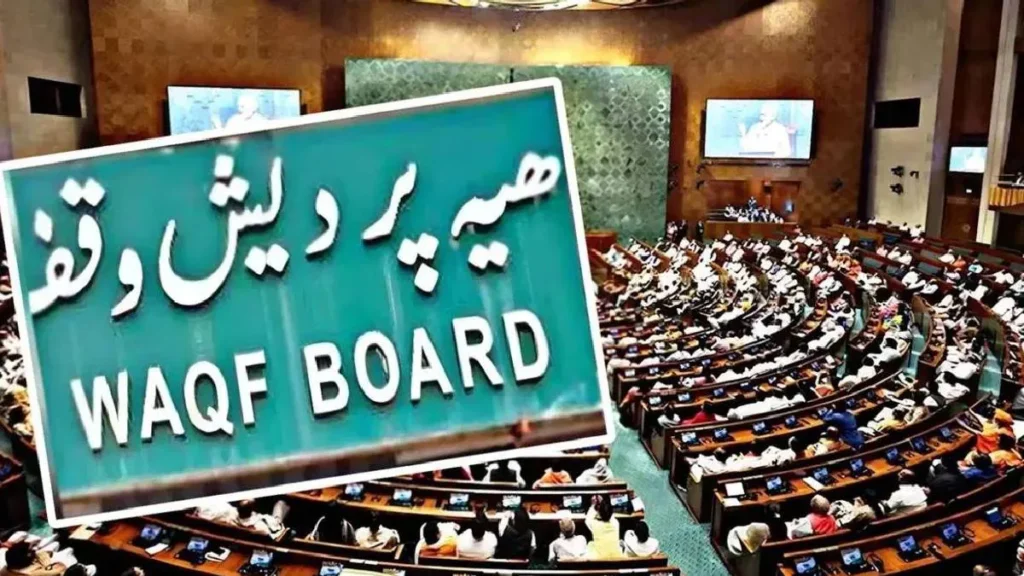▎Waqf Amendment Bill 2025: A Comprehensive Overview
The Waqf Amendment Bill 2025 has emerged as a significant legislative proposal aimed at reforming the management and utilization of waqf properties in India. This bill seeks to address long-standing issues related to the governance, transparency, and efficiency of waqf institutions, which play a crucial role in the socio-economic development of the Muslim community.
▎Background of the Waqf System: Waqf, an Islamic endowment, involves the donation of assets for charitable and religious purposes. These properties can include land, buildings, and other assets, which are intended to benefit the community at large. However, the management of waqf properties has often been marred by inefficiencies, lack of transparency, and misappropriation of funds.

Link: https://youtube.com/@sasaramvlogs.
▎Key Provisions of the Waqf Amendment Bill 2025:
- Strengthening Governance Structures: The bill proposes the establishment of a more robust governance framework for waqf boards. This includes clearer guidelines for the appointment of board members and the introduction of performance audits to ensure accountability.
- Enhanced Transparency: To combat corruption and mismanagement, the bill mandates regular audits of waqf properties and requires waqf boards to maintain detailed records of transactions. This move aims to foster greater trust within the community and encourage more donations to waqf institutions.
- Streamlining Property Management: The amendment introduces measures for better management of waqf properties, including the use of technology for property registration and monitoring. This is expected to reduce disputes over ownership and enhance the overall efficiency of property utilization.
- Promoting Socio-Economic Development: The bill emphasizes the need for waqf properties to be used for community development projects, such as schools, hospitals, and vocational training centers. By doing so, it aims to align waqf activities with broader developmental goals.
- Legal Framework for Dispute Resolution: The amendment proposes the establishment of a dedicated tribunal to resolve disputes related to waqf properties swiftly. This is intended to reduce the backlog in courts and provide a specialized platform for addressing issues specific to waqf management.
- Inclusion of Women: Recognizing the importance of gender equality, the bill includes provisions to ensure the representation of women in waqf boards and decision-making processes. This is a significant step toward empowering women within the community.
▎Implications of the Bill: The Waqf Amendment Bill 2025 has the potential to transform the landscape of waqf management in India. By promoting transparency, accountability, and efficient utilization of resources, it can significantly enhance the impact of waqf properties on community welfare. Moreover, it aligns with the government’s broader agenda of promoting social justice and economic development. https://sasaramvlogs.in
▎Conclusion: As discussions around the Waqf Amendment Bill 2025 continue, it is essential for stakeholders—community leaders, policymakers, and civil society—to engage constructively in shaping its final form. The successful implementation of this bill could pave the way for revitalizing waqf institutions and ensuring that they serve their intended purpose effectively. By fostering a culture of transparency and accountability, India can harness the full potential of its waqf assets for the benefit of all communities.
